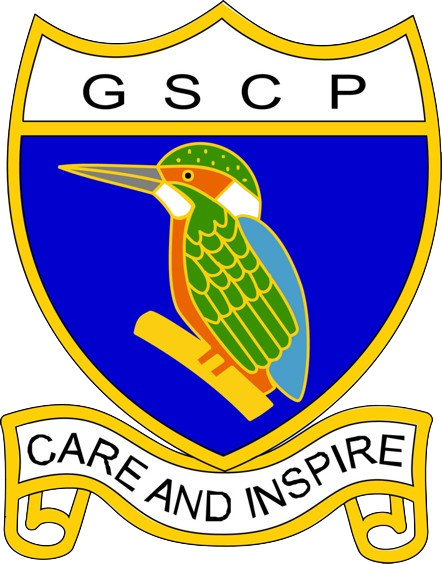Pupil Premium Grant
The Pupil Premium Grant (PPG) is allocated to schools for children of statutory school age who are known to be eligible for free school meals (FSM) in both mainstream and non-mainstream settings, to children who have been looked after continuously for more than six months and to children whose parents are currently serving in the armed forces.
The DfE has provided the following guidance for use of this funding for all schools:
"Schools, head teachers and teachers will decide how to use the Pupil Premium allocation, as they are best placed to assess what additional provision should be made for individual pupils." Source: DfE website
The Governing Body have decided that this grant should be spent as follows:-
- To fund school trips, extracurricular activities, books to promote reading and/or opportunities and resources to boost learning
- To provide additional individual or small group tuition programmes for those children on FSM who need a boost to their learning in order to reach their potential
- To enable the children to access individual musical instrument hire and tuition.
Additionally we support children’s learning in the classroom by:
- ensuring that class sizes are as low as possible
- ensuring that the children who qualify for PPG have their needs clearly identified and their progress closely monitored through school supporting further interventions in learning when this would help a PPG child reach their potential.
We write to all parents whose children are entitled to free school meals or who have been entitled over the previous five years in September outlining the above support available. We also assure parents that all matters regarding the use of our PPG are treated with discretion and in confidence.
Current PPG allowance is 4.65% of the school pupils.
Academic Year 2023-2024
We currently have less than 5 pupils in receipt of the PP Grant, and so are not required to publish a yearly statement.
Please click HERE to see more information from the PP grant 23/24.
Barriers to education:
Each child is different and has a wide variety of needs these can range from use of online resources accessed in school to help with counselling to support mindfulness. We use the allocated money in the best way possible to support the eligible children with the needs that they show. For example, we have used the grant to help pay for a workshop for all staff to help build their understanding of mental health to help all children including those that receive the grant.
Impact of Provision:
We carefully monitor our allocation to ensure that it has had a positive impact on the children. We look for clear evidence of increased rates of progress and achievement, for example in respect of reading ages. We also look for evidence of improved attitudes to learning and the taking up of additional activities such as music lesson or sports clubs. Feedback from parents can also act as a qualitative measure for assessing how successful our support has been.
This is all measured by the lead governor for Pupil Premium who questions the spending for each eligible child and will look for how this effects the educational offer given to the each child.
This gets reviewed termly for each child and yearly for the overall budget.
Do you Qualify?
Parents or guardians receiving the following benefits can claim Free School Meals:
- Income Support
- Jobseekers Allowance (Income Based)
- Income related Employment and Support Allowance
- Child Tax Credit with an annual taxable income of less than £16190
- Pension Guarentee Credit
- Supprt under Part VI Immigration and Asylum Act 1999
You will normally be eligble for Free School Meals if you receive any amount of Working Tax Credit.
